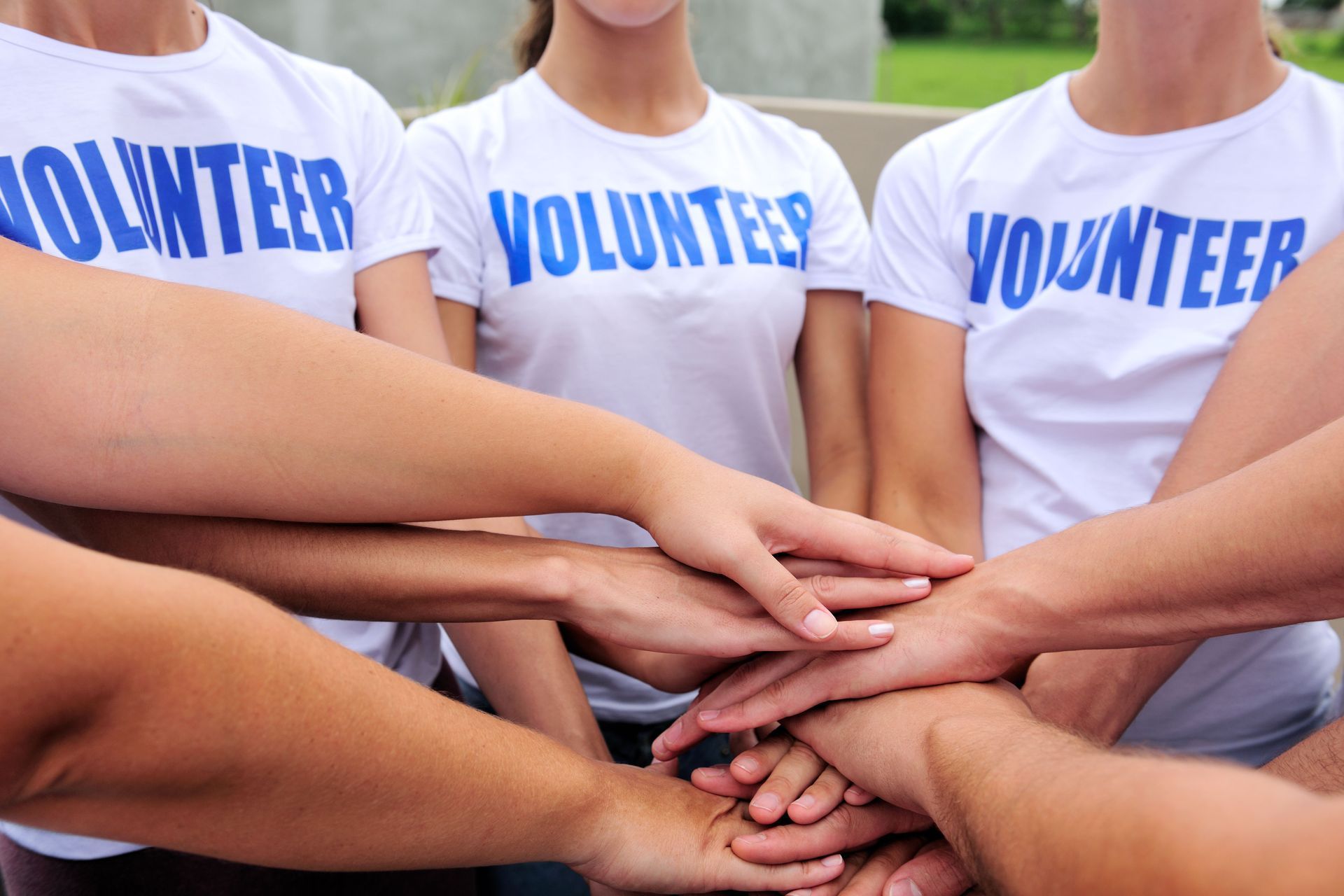How Your Donation Can Keep People Sober After Treatment
July 2, 2024
Completing addiction treatment is a major accomplishment, but it's only the first step to sustained sobriety. Ongoing support and resources are vital for avoiding relapse after rehab. Fortunately, your charity donations can make a big difference in helping provide these necessary services. Keep reading to learn how you can contribute to someone's lifelong recovery journey.
Funding Sober Living Homes
One of the most vulnerable times for relapse is right after leaving residential treatment. Sober living homes provide a safe, substance-free environment with peer support during this transition. Residents gain skills for independent living while still having accountability and access to services. However, these essential programs rely heavily on charity donations and struggle to meet demand. Your gift helps provide scholarships so more people can afford sober housing after rehab. Having a stable home surrounded by others in recovery can make all the difference in remaining committed to sobriety.
Supplying Recovery Coaches
Recovery coaching is an approach where those in recovery provide guidance and mentorship to others. These peers understand the challenges of early sobriety and offer motivation through their real-world experience. Your donation funds training and certification for people to become coaches and positively impact others in their community. Having an accessible coach encourages ongoing engagement in the recovery process. It also provides someone to turn to before relapse occurs.
Offering Job Training
Gainful employment is crucial for recovering addicts to rebuild self-esteem and financial stability. However, spotty work histories and substance-related criminal records are major barriers. Charity donations support innovative job training initiatives targeting those in recovery. With mentoring and vocational skills, people can overcome obstacles and thrive in the workplace, providing a sense of purpose. Employment also occupies free time, reducing the opportunity for cravings to return.
Providing Addiction Counseling
For many, the road to recovery requires ongoing therapy and counseling to maintain motivation and heal underlying issues. Without sufficient progress in this area, the risk of relapse is high. Unfortunately, treatment is often unaffordable for those without insurance. Charity donations bridge this gap by sponsoring reduced-cost counseling options. Your contribution gives someone the chance to continue addressing mental health challenges with a professional. Having an objective third-party perspective is something many cannot achieve alone.
Offering Meaningful Recreation
Boredom and isolation are huge threats to sobriety after treatment. Recreational activities create an alternative to the substance use lifestyle. Charities fund community spaces, sports leagues, art classes, nature expeditions, and more to engage people in recovery. Donations supply equipment and provide scholarships to events that foster camaraderie and well-being. Fun fellowship activities make sobriety rewarding instead of feeling like deprivation. Sharing passions can form new lifelong friendships.
Providing Addiction Education
Ignorance and stigma surrounding addiction are still barriers to treatment and recovery. Community education funded by charity donations breaks down myths and teaches people to recognize problematic drug use. Students, families, employers, and healthcare providers learn how best to respond to addiction issues rather than ignore them. Your gift spreads understanding that encourages people to pursue help instead of remaining stuck in denial. Accurate information saves lives that might otherwise be lost prematurely.
Supplying Support Groups
Peer support groups like Alcoholics Anonymous and Narcotics Anonymous are vital free resources for people in recovery. According to the National Association of Addiction Treatment Providers, only about 7% of people with alcohol use disorder seek treatment. These programs rely entirely on member donations to cover expenses like rent, literature, and refreshments. Many also maintain scholarship funds to pay for rehab for those unable to afford it otherwise. Your charitable gift ensures meetings can continue changing lives through camaraderie. Connecting with other addicts provides a sense of belonging.
Funding Family Programs
Addiction impacts the whole family, so recovery must too. Charity donations supply programs specifically for family members of those in treatment or recovery. These services provide counseling, education, and peer support groups. Healing family relationships is a powerful motivation to maintain sobriety. Your contribution gives loved ones tools to encourage their recovering addict. Mending trust makes the difference between enabling and truly helping.
The road to recovery from addiction treatment is a challenging marathon, not a short sprint. As statistics show, long-term success requires substantial aftercare and support. Your compassionate
charity donations supply crucial resources to fill these needs. The positive impact you make through giving back is immeasurable. Every dollar helps someone maintain sobriety one day at a time. With your help, recovering addicts can thrive in a life beyond addiction. If you are currently suffering from addiction, our team can help support you as you get clean and stay sober. Reach out to us at 4th Dimension Sobriety
today to learn more.



